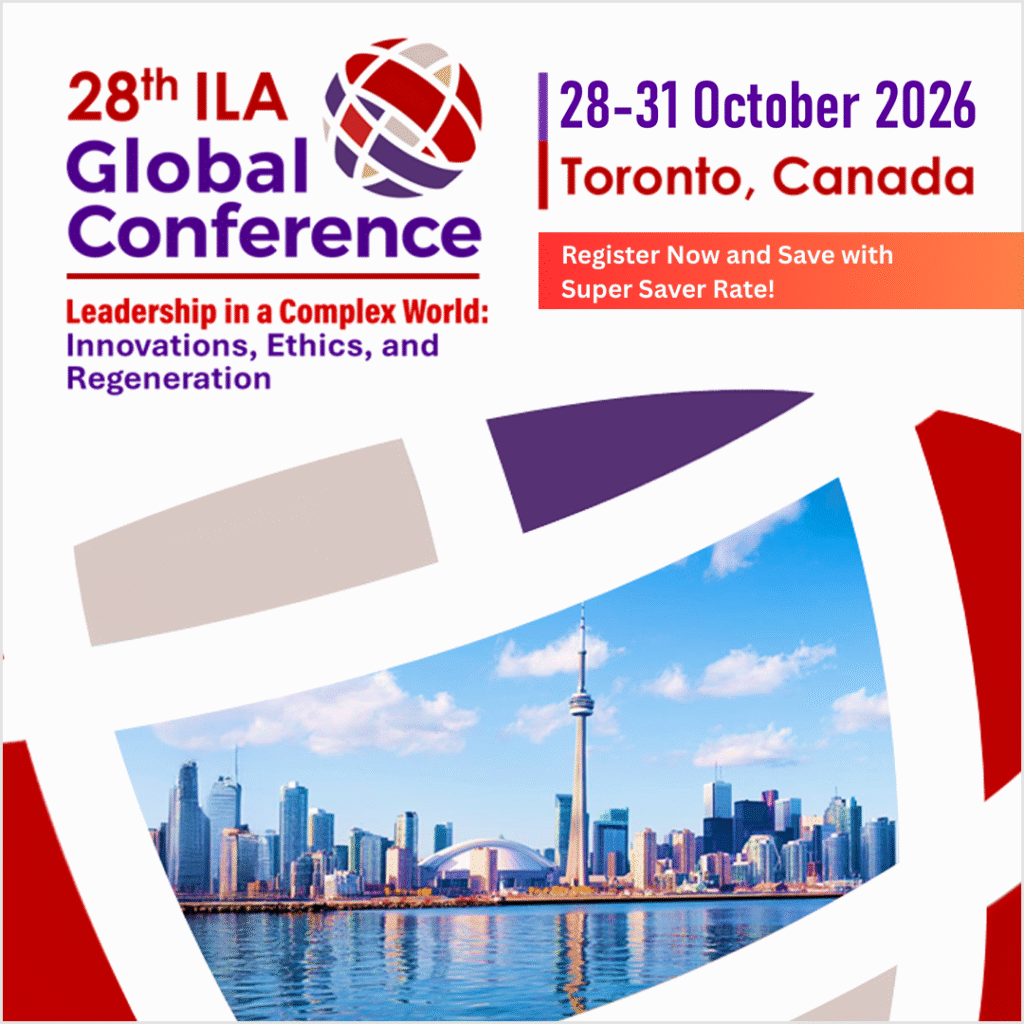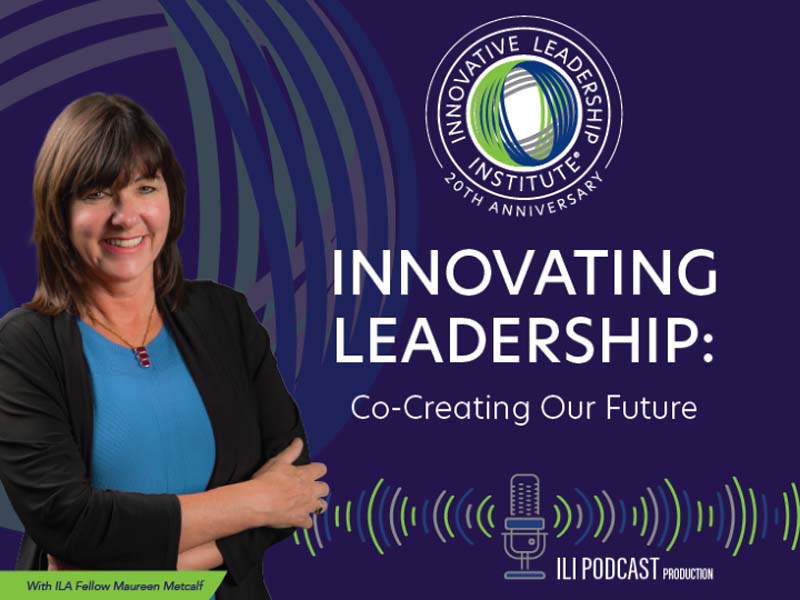
with Amanda Ellis and Augusto Lopez-Claros
- 13 April 2021
Share this podcast:
Gender inequality around the world has many facets: archaic laws that codify sexism, male control of joint income and household assets, exclusion from governance, trafficking and violence against women, denial of education and adequate health care, and gender segregation in the work force, to name a few. The Gender Equality and Governance Index (GEGI) taps into some of the world’s best datasets to analyze gender discrimination on a global scale, using five critical “pillars”: governance, education, work, entrepreneurship, and violence. The Index covers 158 countries and provides a compelling perspective on the status of gender inequality across the planet. It allows policymakers, the business community and civil society to pinpoint specific areas for improvement and to learn from best international practices. Amanda Ellis and Augusto Lopez-Claros join Maureen to discuss the index results for 2020 and how we as leaders can implement changes for the good of all.
About the Guests
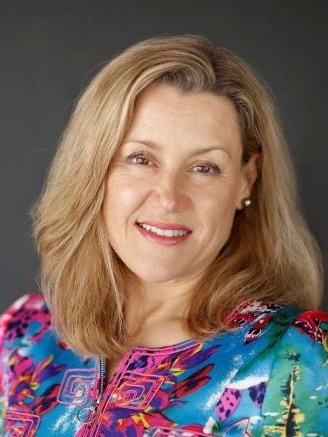
Amanda Ellis is Executive Director, Global Partnerships for the ASU Global Futures Laboratory. She is former New Zealand Ambassador and Permanent Representative to the United Nations in Geneva and Prime Minister’s Special Envoy. An economist by training, Amanda held senior roles at the World Bank, the International Finance Corporation, and Westpac Banking Corporation. Amanda is a founding member of the Financial Alliance for Women and the recipient of the TIAW Lifetime Achievement Award for services to women’s economic empowerment.
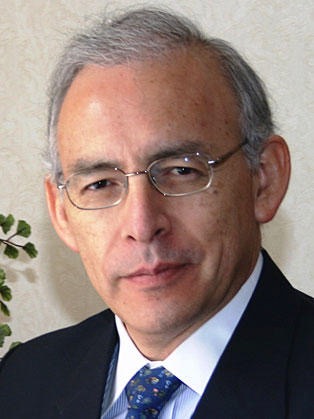
Augusto Lopez-Claros is an international economist with over 30 years of experience in international organizations, including most recently at the World Bank. Previously he was Chief Economist and Director of the Global Competitiveness Program at the World Economic Forum in Geneva, where he was also the editor of the Global Competitiveness Report, the Forum’s flagship publication, as well as a number of regional economic reports. Before joining the Forum, he worked for several years in the financial sector in London, with a special focus on emerging markets. He is a much-sought-after international speaker, having lectured in the last several years at some of the world’s leading universities and think tanks.
Host Maureen Metcalf
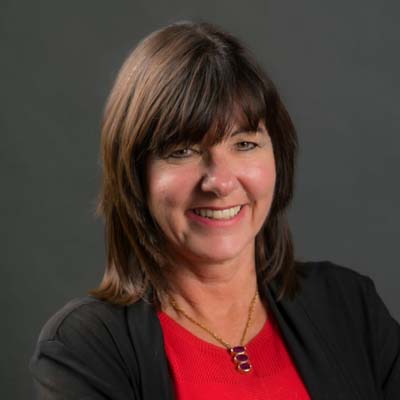
Maureen Metcalf, Founder and CEO of the Innovative Leadership Institute, is a highly sought-after expert in anticipating and leveraging future business trends to transform organizations. She has captured 30 years of experience in an award-winning series of books used by public, private, and academic organizations to align company-wide strategy, systems, and culture using Innovative Leadership techniques.
Maureen shares her hard-won insights through public speaking, industry publications, interviews, and video presentations. She is a regular contributor to Forbes.com, host of the top international radio show, Innovating Leadership, Co-creating Our Future, and author of the award-winning Innovative Leadership book series. The series includes: Innovative Leadership Fieldbook; Innovative Leaders Guide to Transforming Organizations; Innovative Leadership Workbook for Global Leaders; and Innovative Leadership for Health Care, among others.
She is a Fellow of the International Leadership Association.
About Innovating Leadership: Co-Creating Our Future
The pace of change in the world is increasing exponentially. Leadership must evolve. And that gets to the heart of our mission: To bring you the latest thoughts on leadership so you can innovate, learn, and evolve…growing your team, your business, and yourself! This series features a new interview every week. Host Maureen Metcalf interviews world leaders, global business and NPO executives, thought leaders, and researchers in a wide range of industries. It’s a breadth of perspectives unavailable anywhere else. Become an innovative leader in your own right!
Innovating Leadership is proud to partner with the International Leadership Association on a yearly series of episodes on global leadership with special ILA speakers, members, and guests.

